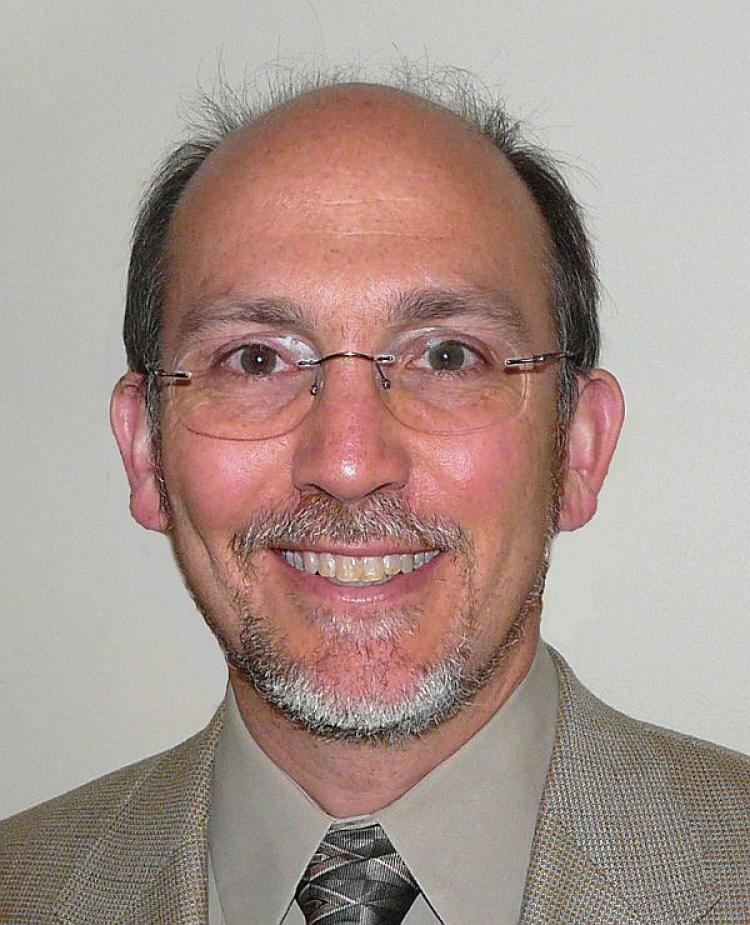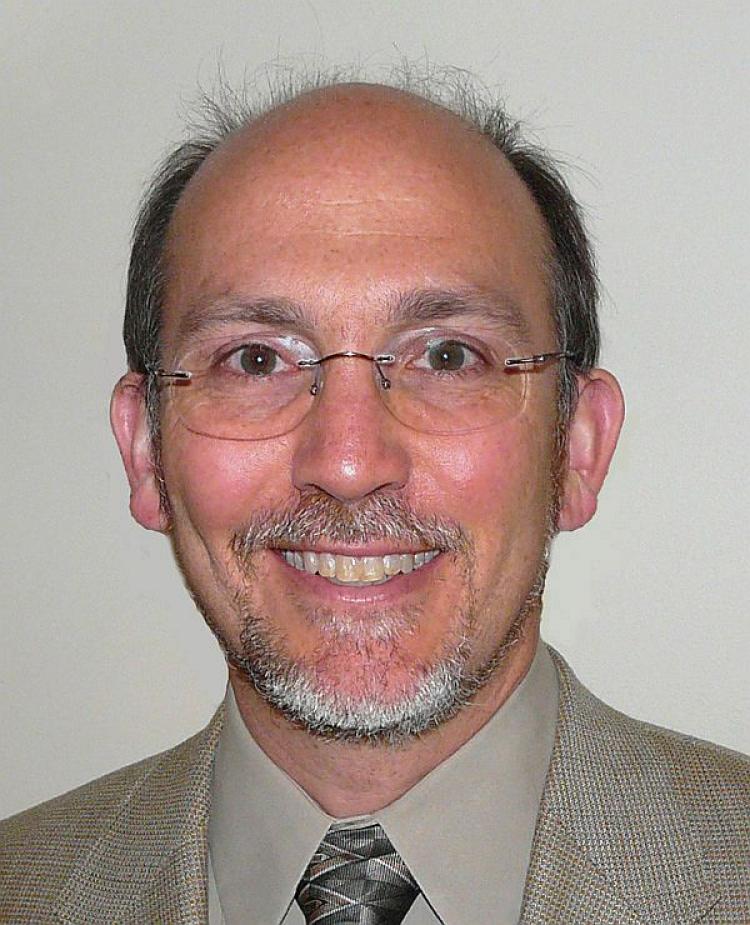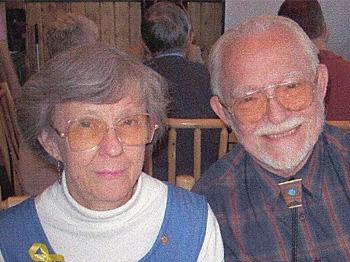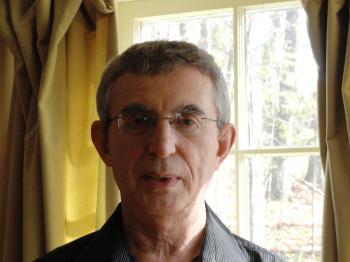“Vision is not enough, it must be combined with venture. It is not enough to stare up the steps, we must step up the stairs.” -Vaclav Havel
Douglas Bourne Shire, a scientist at the forefront of bio-medical research, said at our interview, “I have been working for several years to restore vision to the blind.
“I started with experiments on volunteers who were awake, inserting an implant into their eye and stimulating their retina. If the current was sufficiently high, beyond a certain threshold, they were able to see a spot of light where the electrode had been.”
“This gave us hope that by increasing the number of pixels (picture elements) the patients would eventually be able to adapt to this new form of sensory input. The concept for the implant is similar to the cochlear implant for the deaf, which has a long track record of success in thousands of people.”
“Volunteers reported seeing fuzzy and distorted images, and we believed that the brain was not used to the implant yet. Eventually, a camera worn on a pair of glasses could transmit information to the implant. Our early experiments gave us hope that we could develop a successful device.”
I suspect that Shire’s path of creativity will bring him many more discoveries; he is a man larger than he has been so far. Here is his story:
Helping others runs in his family: His mother worked teaching blind children and senior citizens; his father was a minister at a congregational church near Boston.
Being the oldest of three children, at an early age, he had to be self-sufficient. He was a shy and cautious child; he remembers spending hours of his time designing forts out of clay and wood.
In high school he suddenly started being talkative in class; he saw that by being noisy, he was getting more attention. He met his mentor, a young man—an engineer, who found him his first job.
Later at Cornell he met Joan Bokaer, the visionary founder of EcoVillage, who became an influence on his decision to move his family there in 1994. It felt great to be part of a community. He believed that it was an ideal place to raise children. Like most idealistic choices, the results were mixed, both good and not so good, he said.
At Cornell he had a crisis of faith. Part of his questioning was the result of meeting Joan and other visionaries who had a larger view of what was possible in life. He began to question why he was doing what he was doing. He wanted to be part of a purpose larger than himself, for the good of others.
At this point in our interview he revealed that he and his siblings were adopted. He now believes that his basic wound was the fear of abandonment, which explained to him why he had been cautious and shy. His life’s strategy had been to find what others wanted, and he would do his best, without thinking of what he wanted to do. “It has taken me a long time to begin to break out of that mold,” he said.
He took part in theatre at school. Once he was in a play, he started ad libbing what the character might have said. The director of the play could not stop laughing for fifteen minutes.
For Douglas Bourne Shire these were moments of liberation. Just as he got attention by talking in class, he found attention, going off the given script. On a scale of big changes, these may seem small, but for a considerate man, these were sufficient changes to send him to his next level of being creative.







